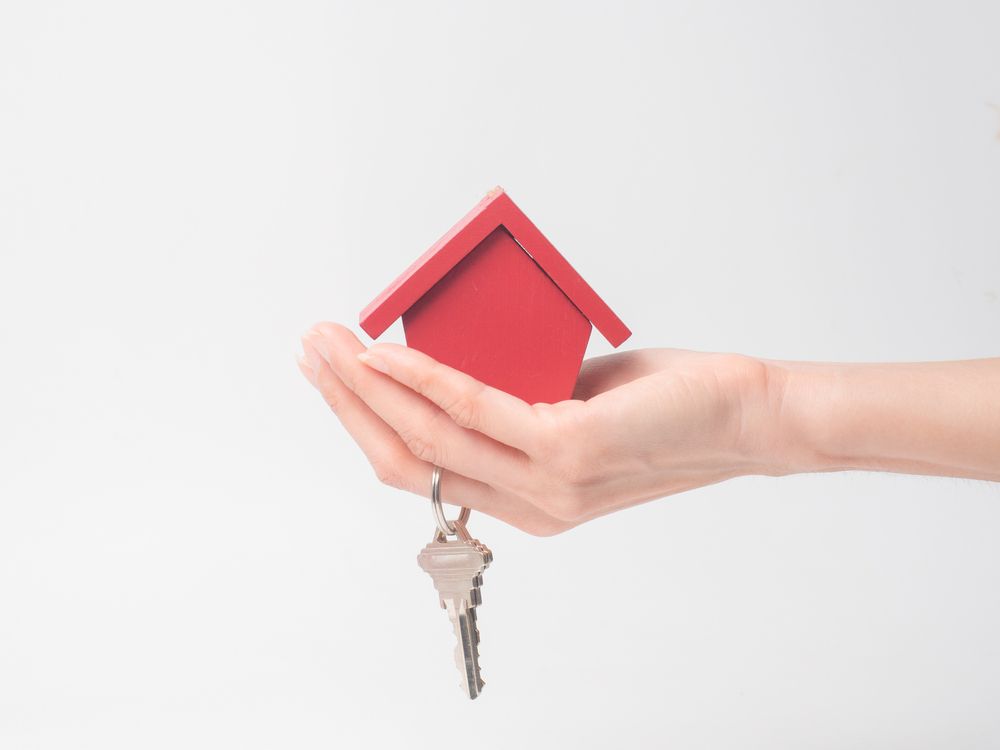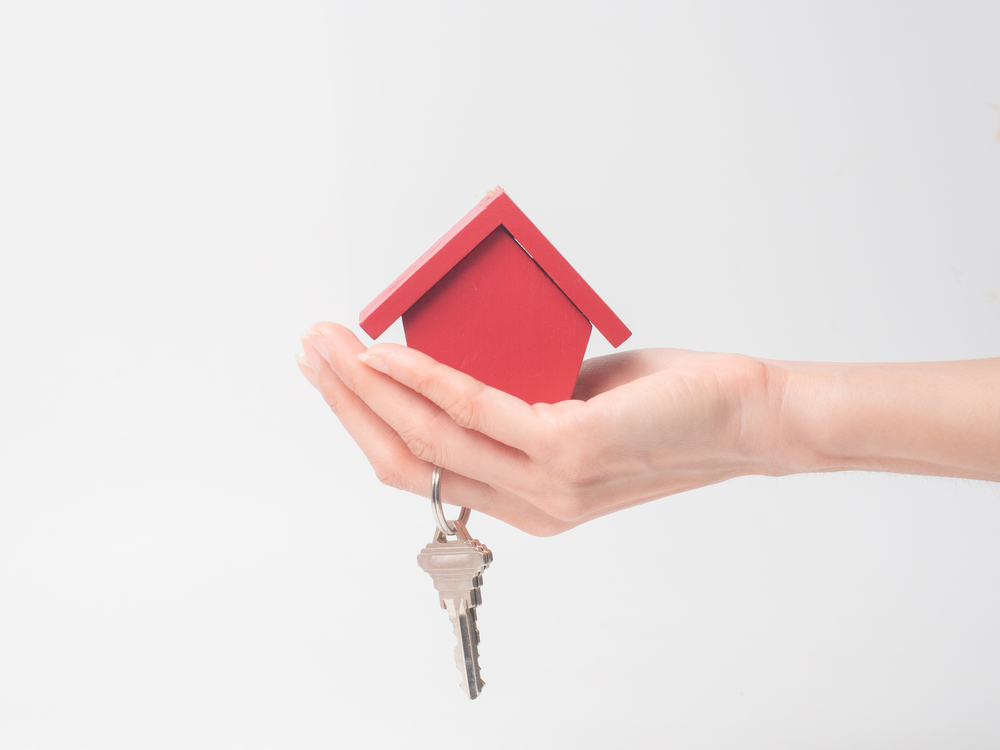Do you earn an income?
If your answer is YES, then the probability is that you can own a property.
The economic decline of 2020 coupled with lockdown-induced lowered interest rates, has created the perfect climate for first-time property owners to break into the property market.
Firstly, property prices dropped substantially in 2019 and even more in 2020. Forecasts predict further price drops as people are forced to sell in 2021 due to loss of employment as a result of Covid-19.
Secondly, the prime interest rate is at 7% and banks are lending up to prime less 1% meaning you could get a loan for as low as 6%. This lowered interest rate makes repayments on properties 20% less costly (in 2019 the repayment on R1mil was R9,650 in 2020 the same loan now costs R7,753).
You might find that it is the same cost to rent the property you are living in as it is to purchase it.
If you can buy property why don’t you?
Often the answer to this lies in false beliefs.
- have you ever thought that you could NEVER afford it?
- perhaps you’ve simply not known how to go about it?
- does it seem way too complicated?
- do you lack belief in the possibility?
The answer is that yes you CAN!
Inspirational stories:
Wallett & Finch Properties have had the pleasure of assisting three female first-time buyers in 2020:
- A self-employed dance teacher who purchased a house in Upper Woodstock.
- A single mother who had been renting for ten years purchased a large family home with mountain views in Lakeside.
- A single mother renting in Sea Point for the past 20 years, purchased an apartment as an investment property.
Exploring the false beliefs that hold back first time home owners:
FALSE BELIEF 1
I can’t afford my dream home
Just because you can’t buy that perfect home on your first go, does not mean that you should not begin the steps to get you there.
Most often you will need to buy and sell three times to get the home that you have always wanted. Think of this as a 15 year timeline. Historically, The South African property market increases significantly over time. Some suburbs in Cape Town double their original purchase price every 5 to 7 years.
If you buy in a slumped market, such as 2020, hold for five years, sell at a profit, then use the profit as a deposit on something bigger or in a better neighbourhood, eventually you will be able to buy that home you always dreamed of. Property is a long, slow game. It takes planning and foresight to take a few easy steps.
FALSE BELIEF 2
The banks won’t lend me money
The truth is, if you earn money the probability is that you can get a bond. In order to obtain a home loan from a bank you must have a healthy credit record and credit scoring. You are entitled to one free credit check per year (see link below for your free credit check). Run a credit check on yourself to see how the banks will score you.
Credit Check
For banks to grant you a home loan, you will need a track record of paying off your debt, to prove to them that you are able to manage debt. The irony is that a bank won’t grant you a home loan if you have never had debt.
If you have no healthy debt you can use the following to build your record:
- A credit card that you have used and regularly paid off.
- A cell phone contract that you have paid on time each month.
- A clothing account and purchasing on credit and making the payments each month.
Be sure to make repayments each month and on time. This will build a good credit rating.
FALSE BELIEF 3
I have bad debt so I will not be able to get a bond
If you have a pre-existing bad-debt record, you can improve your bad-debt rating over time.
Here are the steps to take:
Settle your debts
Buying property takes foresight and planning. It can take months or years to financially position yourself to purchase. It is a worthwhile journey to take. Remember that repayment history of debt remains on your credit record for two years, good debt management can work in your favour as the banks can only assess what you will do with credit if they can study your repayment track record.
Pay your credit card balance
A credit card has a strong influence on your credit score, if you have outstanding debt on your card pay this first each month.
Pay your bills on time
While there are steps that can be taken to rehabilitate a bad credit record, healthy financial planning is to pay your bills on time and in full. Don’t get further into debt if you are struggling to pay off your current debt. Look at your finances and cut out any unnecessary luxuries you can live without.
PAY YOUR DEBT, think of it each month as a step closer to buying your home.
FALSE BELIEF 4
I am self-employed, a freelancer or commission earner so the banks won’t lend to me
If you’re self-employed or running a small business there is a process that needs to be followed. You can structure your salary in a way that the banks will recognise, or you can get your accountant to draw up financial statements to help obtain a loan. For further guidance on this speak to a Wallett & Finch buyer’s agent, free of charge.
If you are a commission earner or a free-lancer, both Mercantile Bank and Standard Bank are geared to lend to you.
Both buyer’s agents and bond consultants offer a free service to assess what you can afford. Once you know this, you can begin the process of buying.


